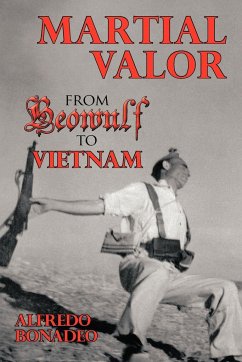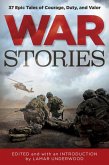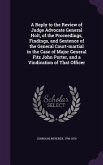In the popular mind valor is a shining word replete with ethical values; it is associated with daring, strength of body and mind, and generosity; it is the means to realize noble ends and ideals. But literature and history show that valor's purpose is often less than high minded and generous. Under the impact of historical or military circumstances valor has changed its use and purpose, sometimes becoming personal pride, a badge of distinction, a means to reputation. Concern with valor has sparked the fear of cowardice and generated degradation to overcome it; it has also prodded soldiers to kill for killing's sake. Some have repudiated valor. Overwhelmed by the spectacle of death on the battlefield and by the grief it engenders, valor often lost meaning among combatants, especially among those of World Wars I and II. That is one reason why valor has become in modern conflicts a powerful means of survival for combatants, especially in Vietnam: to save their comrades, wounded or in difficulty, many soldiers have performed deeds more heroic than those done against the enemy. On the other hand valor can degenerate into naked killing, as in Vietnam where combatants facing a wily enemy became frustrated and killed with little discrimination, believing that killing and valor are the same thing. Valor assumes true value when men fight for a cause they believe in and regard as beneficial to the nation and the collectivity; then they spontaneously take risk and fight with disregard of their life. Tolstoy's experience on the battlefield and his study of the historical forces prompting men to fight helped him to discover genuine courage. This was the Russians' resolve to repulse the French invasion. It was a powerful cause and they deeply believed in it. Independently from military orders the Russians fought with heroism, liberating the country whose life and soil the French had violated.
Hinweis: Dieser Artikel kann nur an eine deutsche Lieferadresse ausgeliefert werden.
Hinweis: Dieser Artikel kann nur an eine deutsche Lieferadresse ausgeliefert werden.








